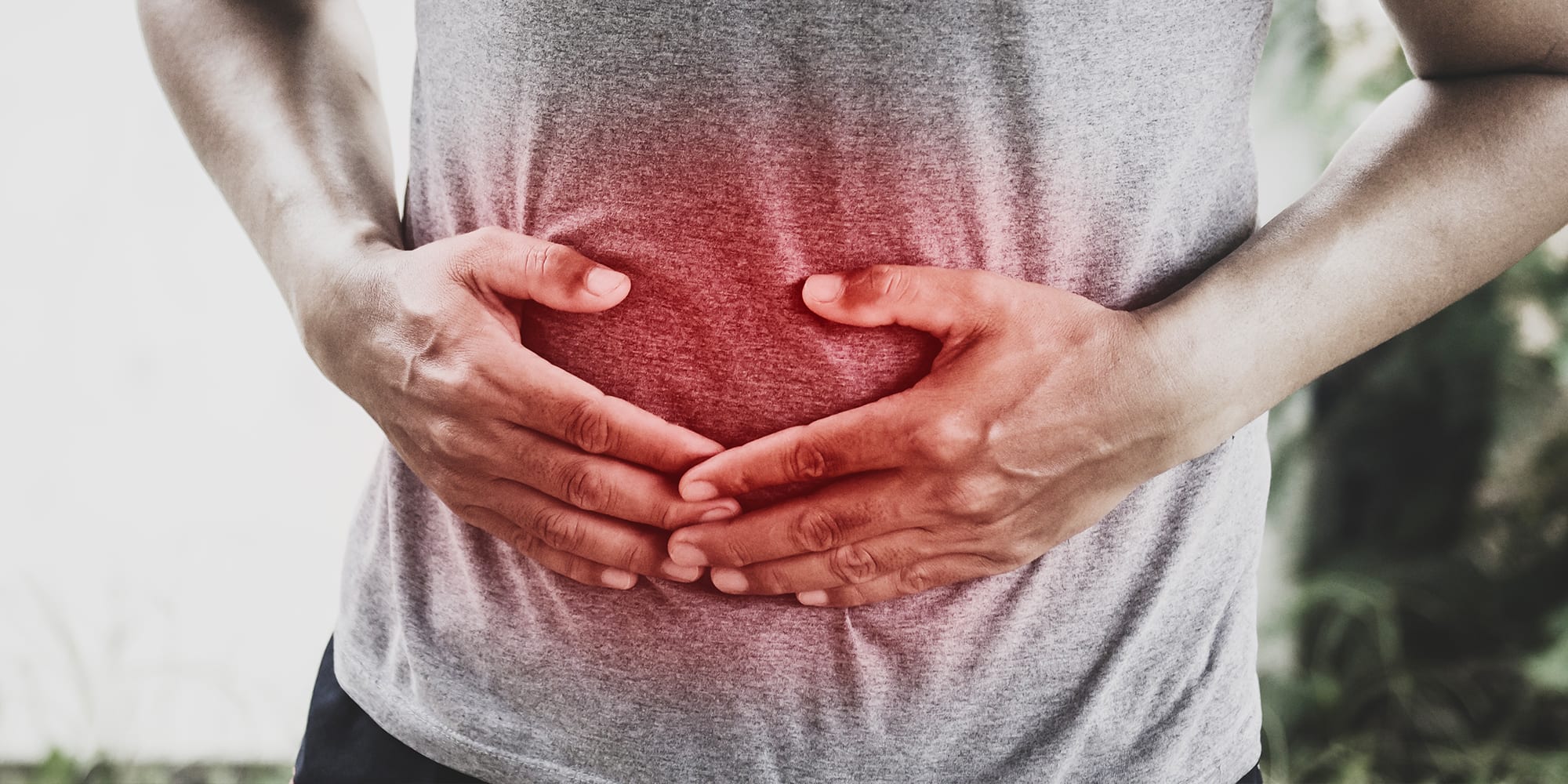
Bloating is a common issue that many people face, and it can be uncomfortable, even frustrating. Whether it's caused by certain foods, eating too quickly, or stress, feeling bloated can make you feel sluggish and self-conscious. The good news is that bloating is often preventable and manageable with simple, natural changes to your diet and lifestyle.
In this blog, we’ll explore some effective and natural ways to improve digestion and say goodbye to bloating. From adopting better eating habits to incorporating natural remedies, these tips will help you feel more comfortable and maintain a healthier digestive system.
Why it works: Staying hydrated is one of the most important factors when it comes to supporting digestion and reducing bloating. Water plays a vital role in breaking down food, absorbing nutrients, and moving waste through your intestines. If you’re not drinking enough water, your digestion can slow down, leading to constipation, indigestion, and bloating.
How to do it:
Tip: Start your day with a glass of water to jump-start digestion and keep things moving smoothly.
Why it works: Certain herbs and spices are known for their digestive benefits and can naturally alleviate bloating. Ginger, peppermint, fennel, and turmeric are especially effective in soothing the stomach, reducing gas, and promoting healthy digestion.
How to do it:
Why it works: Overeating and large meals can overwhelm your digestive system, leading to bloating, indigestion, and discomfort. Eating smaller, more frequent meals allows your body to break down food more efficiently, preventing bloating caused by a heavy stomach.
How to do it:
Tip: Avoid eating large meals right before bed to give your body enough time to digest the food properly.
Why it works: Fiber is essential for digestion as it helps move food through the digestive tract and prevents constipation, which can contribute to bloating. However, adding too much fiber too quickly can cause gas and discomfort. The key is to increase your fiber intake gradually so your digestive system can adjust.
How to do it:
Tip: If you’re not used to eating a lot of fiber, start slowly to give your digestive system time to adjust.
Why it helps: Physical activity is not only great for your overall health, but it also helps improve digestion. Exercise stimulates the muscles of your intestines, promoting the movement of food and waste through your digestive system. Additionally, regular exercise can help reduce stress—another common contributor to bloating and digestive issues.
How to do it:
Why it works: Stress has a significant impact on digestion, slowing it down and leading to bloating, constipation, and discomfort. When you’re stressed, your body releases hormones like cortisol, which can interfere with digestion. Managing stress effectively can improve your overall digestive health.
How to do it:
Tip: Prioritize self-care and relaxation techniques in your daily routine to keep stress levels in check.
Why it works: Carbonated beverages, such as sodas and sparkling water, can introduce excess gas into your digestive system, leading to bloating. Similarly, highly processed foods, which are often high in sodium, can cause water retention and bloating.
How to do it:
Tip: Choose whole, unprocessed foods as much as possible to support your digestive health.
Why it works: Probiotics are beneficial bacteria that help maintain a healthy gut microbiome, which is crucial for digestion. A healthy balance of gut bacteria can prevent bloating, improve nutrient absorption, and support overall digestive health. Probiotics can help alleviate digestive issues such as gas, bloating, and constipation.
How to do it:
Tip: Probiotics are most effective when combined with a healthy, balanced diet and lifestyle.
Bloating can be a frustrating and uncomfortable experience, but it doesn’t have to control your life. By making simple, natural changes to your diet and lifestyle, you can improve digestion and reduce bloating. Staying hydrated, incorporating digestive herbs, eating smaller meals, managing stress, and exercising regularly are just a few ways you can support your digestive health and say goodbye to bloating.
Remember that your body is unique, and it may take some time to figure out which methods work best for you. If bloating persists or becomes severe, it’s always a good idea to consult with a healthcare provider to rule out any underlying digestive issues.
With these natural remedies and habits, you can enjoy a more comfortable digestive system and feel your best every day!
Disclaimer: This blog is for informational purposes only and does not replace professional medical advice. Always consult with a healthcare provider if you have persistent digestive issues or concerns.